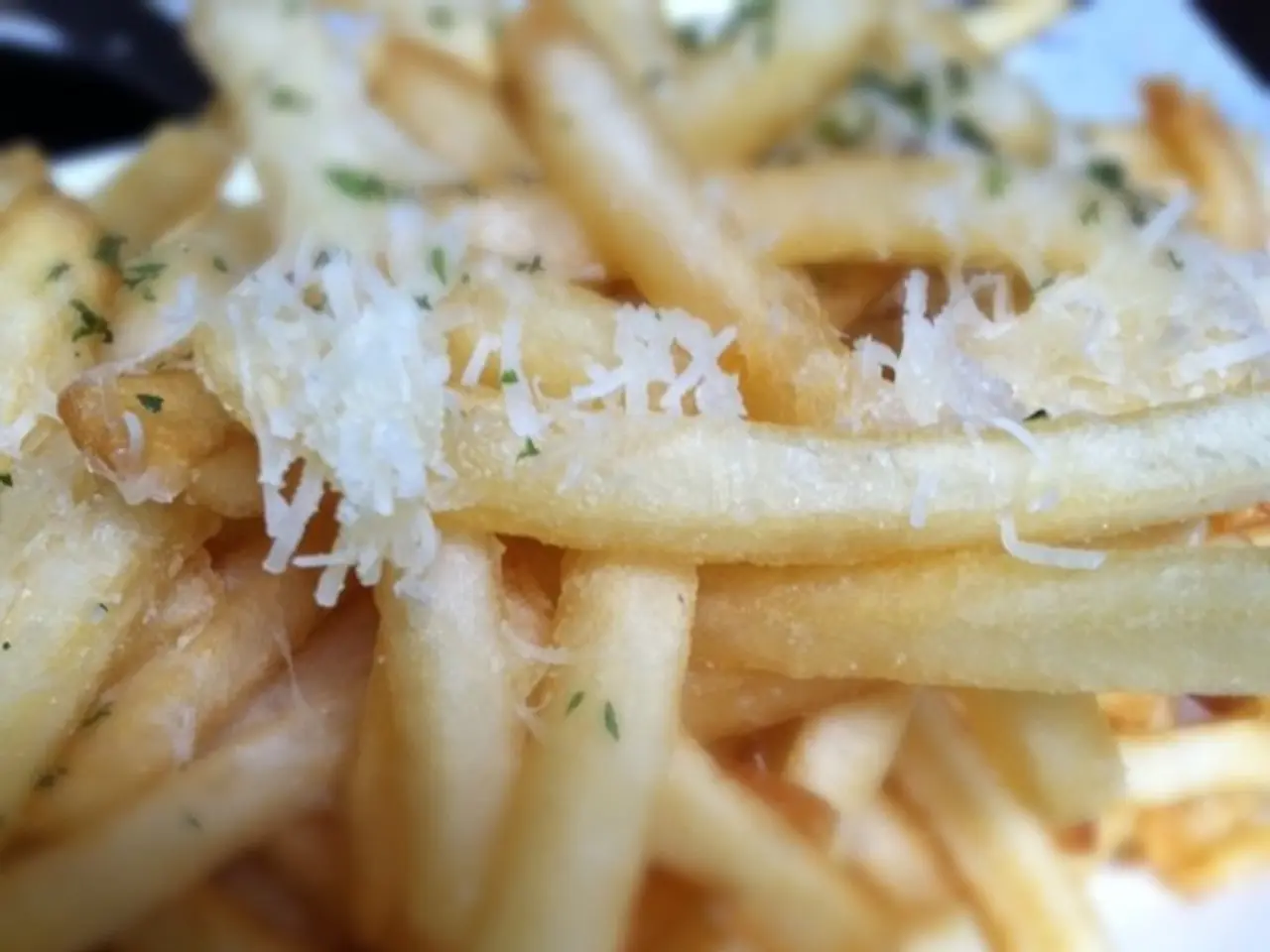The UK has implemented a ban on the importation of cheeses from France and Italy.
The United Kingdom has temporarily banned imports of unpasteurized cheeses from France and Italy due to an outbreak of Lumpy Skin Disease (LSD) in cattle in those countries. This viral disease, which affects cows, causes fever, painful skin nodules, and reduced milk production, and spreads via biting insects like flies and mosquitoes.
The ban specifically targets unpasteurized soft cheeses made from raw milk produced after May 23, 2025. The virus may survive in raw milk but is destroyed by pasteurization, and the precaution aims to prevent any possible transmission of the virus through dairy products imported from affected regions, thereby protecting the UK’s cattle and dairy industries.
The ban has caused supply shortages of certain French and Italian soft cheeses like brie, Camembert, and buffalo mozzarella in the UK, resulting in disruptions for cheesemongers and retailers. However, the government’s restrictions are framed as a biosecurity measure rather than a food safety concern for consumers, since there is no risk of LSD to human health.
The ban mostly affects commercial imports but theoretically applies to holidaymakers bringing back cheese. Canada has also imposed a similar ban on imports of unpasteurized cheese from France, Italy, and Switzerland. The ban affects cheeses such as Vacherin, Roquefort, Mimolette, Tomme from France, and artisan-produced mozzarella and pecorino from Italy.
Shane Holland, a cheese retailer based in London, questions the purpose of the ban, stating that there is no cattle-to-human transmission of LSD. He is not alone in his sentiment, as cheese-mongers in the UK find the ban disproportionate, stating there is no risk to people from these cheeses.
Defra stands by the ban, stating that it will protect British farmers and their herds from disease. Travellers are being advised that meat and dairy products from all EU countries are banned, which is why they may have received an email from Eurostar or ferry companies if they have recently travelled from France to the UK.
It is important to note that LSD does not spread through eating cheese. There is no risk to humans from eating cheese that has been produced by a cow suffering from LSD. Most Italian cheeses, such as Parmesan, Mozzarrella, and Gorgonzola, should be unaffected by the ban as they are largely pasteurised.
The UK's import ban also affects the import of live cattle. The ban is due to an outbreak of Lumpy Skin Disease (LSD) in France and Italy, following Italy's confirmation of its first case on June 21st, 2025, and France's first case reported near Chambéry on June 29th. The UK government's cheese import ban is aimed at preventing the spread of LSD among British cattle, similar to the steps taken by the Italian government earlier this month, which led to the revocation of Italy's LSD-free status and the suspension of unpasturised imports.
[1] BBC News. (2025, July 1). UK bans imports of unpasteurised cheeses from France and Italy. Retrieved from https://www.bbc.co.uk/news/uk-57382869
[2] Food Safety News. (2025, July 1). UK Bans Unpasteurized Cheese Imports from France and Italy over Lumpy Skin Disease Concerns. Retrieved from https://www.foodsafetynews.com/2025/07/uk-bans-unpasteurized-cheese-imports-from-france-and-italy-over-lumpy-skin-disease-concerns/
[3] The Guardian. (2025, July 1). UK cheese shortages as unpasteurised imports from France and Italy are banned. Retrieved from https://www.theguardian.com/food/2025/jul/01/uk-cheese-shortages-as-unpasteurised-imports-from-france-and-italy-are-banned
[4] Farming UK. (2025, July 1). UK bans imports of unpasteurised cheese from France and Italy due to Lumpy Skin Disease outbreak. Retrieved from https://www.farminguk.com/news/uk-bans-imports-of-unpasteurised-cheese-from-france-and-italy-due-to-lumpy-skin-disease-outbreak-96134.asp
- The temporary ban on unpasteurized cheese imports from France and Italy into the UK, due to the Lumpy Skin Disease outbreak, has led to increased interest in the relationship between food-and-drink and health-and-wellness, as consumers seek alternatives to the affected soft cheeses like brie, Camembert, and buffalo mozzarella.
- The UK's import ban on unpasteurized cheese, primarily affecting France, Italy, and Switzerland, has highlighted the significance of culture and lifestyle in cheesemaking, as artisan-produced mozzarella and pecorino from Italy, Vacherin, Roquefort, Mimolette, and Tomme from France are impacted.
- As the United Kingdom battles the potential spread of Lumpy Skin Disease among its cattle, the government's focus on science and biosecurity measures demonstrates the importance of this discipline in protecting agricultural industries and ensuring the safety of the food supply. The ban on live cattle imports supports this approach, in addition to the ban on unpasteurized cheese.




